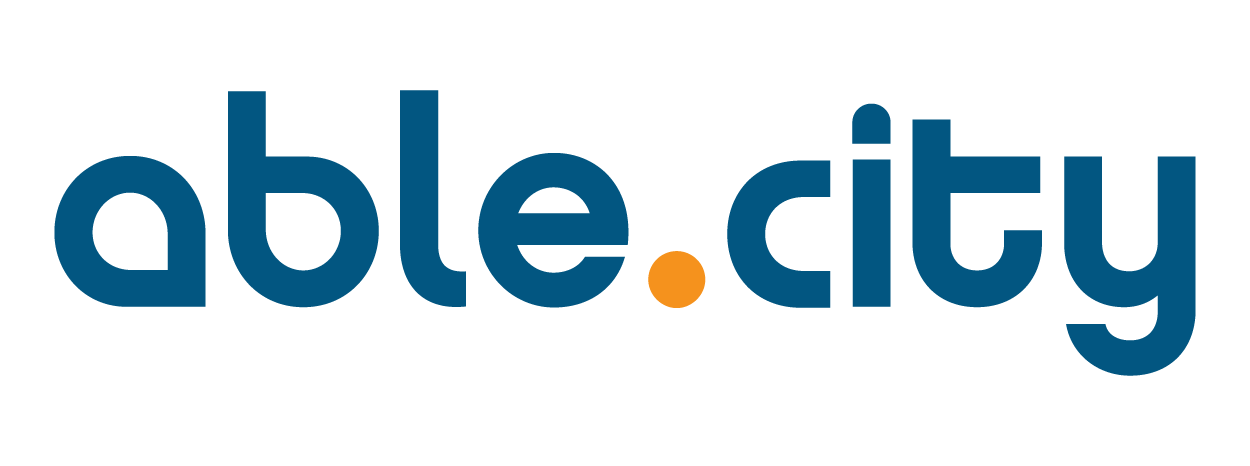El Centro de Laredo Farmers’ Market, A Lesson in Economic Gardening
by Viviana Frank
As featured in Laredo Morning Times’ Business Journal, 12/7/2020
‘Economic gardening’ is a strategy for growing local economies by helping local entrepreneurs grow businesses from within their existing community instead of ‘hunting’ for and incentivizing the next big company to move to the community. In reality, it need not be one or the other: the best cities use both these tools well. But if you are looking to develop a city people want to live in, they want to find those crucial elements that enhance health, mind, spirit, a place where there is access to happiness, then helping grow your local entrepreneurs is the fountainhead for lasting prosperity and sustained quality of place and life.
The singular example of ʻeconomic gardeningʼ in Laredo to date has been implemented by Laredo Main Street (LMS), a long-standing nonprofit and proponent for inner-city revival. The LMS El Centro De Laredo Farmers’ Market, 10 years in existence, is an incubator for businesses in the local food sector and value-added products for the home and body. Several years ago, they also participated as advocates for a local and secure food system in Laredo so that their market vendors would have an infrastructure in which to cultivate their burgeoning industry. Today, they also serve on the board of the Laredo Center for Urban Agriculture and Sustainability, a local government corporation created by the city in collaboration with local food system advocates. By these practices, they have upgraded the chances of success of their market and its vendors. The integrated approach to business development is the cornerstone of good economic development used by even the most robust regional industry clusters to make them more competitive.
Then came the pandemic. When its effects ended Saturday markets at Veterans’ Plaza in Historic Downtown Laredo, Laredo Main Street opened an online storefront for their vendors and customers. Just like it did for so many other small businesses across the country, the pivot to online kept the sales pipeline open for the vendors. In the interest of expanding online sales and incentivizing growth in the local food sector, LMS began to offer a product in a special box with an assortment of fresh vendor items as a gift to veterans to distribute on Veterans’ Day. Sales ticked up dramatically. Successful ‘economic gardening’ incentives are so because they draw on combining interests for mutual beneficial results. The transaction that LMS created was an economic development incentive monetized by the purchase of the box by a customer who wanted to give a gift and who wanted to support local business they wanted to see thrive. At the same time, the Box sales strengthened the local food system by helping the industry’s businesses sell more products, thereby catalyzing more measurable growth in both. This is how an economic garden flowers.
LMS’s efforts were accomplished during difficult circumstances — and perhaps even because of them. Collectively, they offer a relevant example of ʻeconomic gardeningʼ to study. Its implementation enhances quality of place and life by fostering participatory prosperity, strategy and competitiveness in the local food sector while providing avenues for a healthy community.
David Byrne of Talking Heads wrote a song called “Cities.” In it he wants to find a city to live in. He says they have their good points and bad points. That will always be true. No city is perfect, but citizens that understand the value of people who are invested in the community and who want to address needs and challenges of their city can fulfil the main purpose of cities, access to a happy life. That city will be a place that people want to live in. The people who run and support Laredo Main Street, the market and its customers and its vendors, are those citizens. They are economic gardeners who have provided a small but important lesson in economic development as a dynamic public benefit.
For more information on ‘economic gardening’ read Seven Steps to Developing an Economic Gardening Implementation Strategy.
Programmatic and implementable, ʻeconomic gardeningʼ is an economic development strategy that can be used by public entities as well as economic development nonprofits. While invigorating local economies, the method has proven to have beneficial impacts on quality of life and place indicators. When a city nurtures its businesses and communities, it has the added benefit of attracting new companies because those cities appeal to their employees.
Viviana Frank, FAIA, is a co-founder of Able City and a graduate of the University of Oklahoma’s Economic Development Institute. Find out more about Viviana’s accomplishments here.

